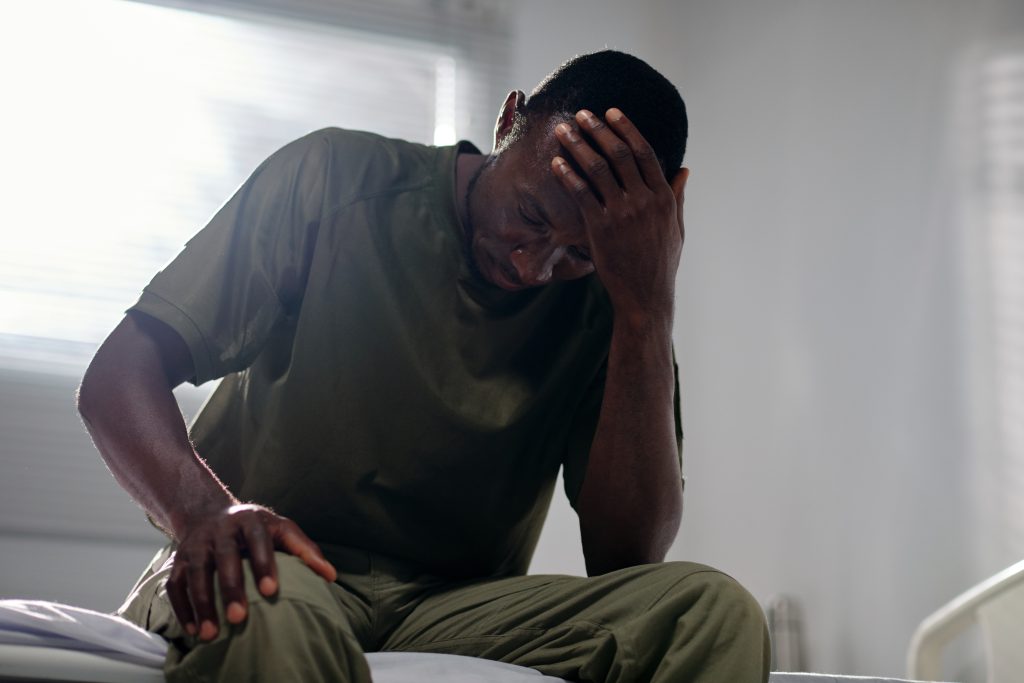
Personal injuries not only bring physical pain but also take a significant emotional toll on victims. Coping with the aftermath of an accident and the emotional challenges that follow is a critical aspect of the recovery process.
- Shock and Denial:
Immediately after an injury, shock and denial are common emotional responses. It may take time to fully grasp the extent of the injury and its consequences.
- Anger and Frustration:
As reality sets in, anger and frustration often surface. Victims may feel anger toward the responsible party, themselves, or even the situation that led to the injury.
- Depression and Anxiety:
Dealing with pain, disability, or the loss of normalcy can lead to depression and anxiety. The fear of an uncertain future and the financial burden of medical bills can contribute to these emotions.
- Grief and Loss:
For some, the recovery process involves grieving for the life they had before the injury. Accepting that life may be permanently altered can be a difficult emotional journey.
- Social Isolation:
Physical limitations may lead to social isolation. Feeling unable to participate in activities or maintain relationships can exacerbate emotional distress.
- Seeking Support:
Support from friends and family is invaluable during this challenging time. Sharing your emotions and experiences with loved ones can provide emotional relief.
- Professional Help:
Consider seeking the assistance of mental health professionals. Therapy or counseling can help you develop coping strategies and manage the emotional impact of your injury.
- Legal and Financial Stress:
The burden of mounting medical bills and financial instability due to lost wages can compound emotional stress. Pursuing a personal injury claim can help alleviate some of this burden.
- Patience and Self-Compassion:
Recovery, both physical and emotional, takes time. Be patient with yourself and practice self-compassion as you navigate the healing process.
- Finding New Purpose:
Many survivors find strength and purpose in advocacy or supporting others who have experienced similar traumas. Channeling your experiences into positive actions can aid in emotional recovery.
- Rehabilitation and Physical Recovery:
Improvements in physical health often lead to improved emotional well-being. Engaging in rehabilitation and following medical advice can boost confidence and morale.
It’s essential to recognize that emotional recovery is an integral part of healing from a personal injury. Seeking professional help, building a support network, and practicing self-care are essential steps toward regaining emotional well-being and rebuilding your life after an injury.
Sources:
American Psychological Association (APA). (2021). Recovering Emotionally from Disasters. https://www.apa.org/topics/disasters-emotional-recovery
The Injury Lawyers. (2021). Emotional Impact of Personal Injury. https://www.theinjurylawyers.com/emotional-impact-of-personal-injury/
